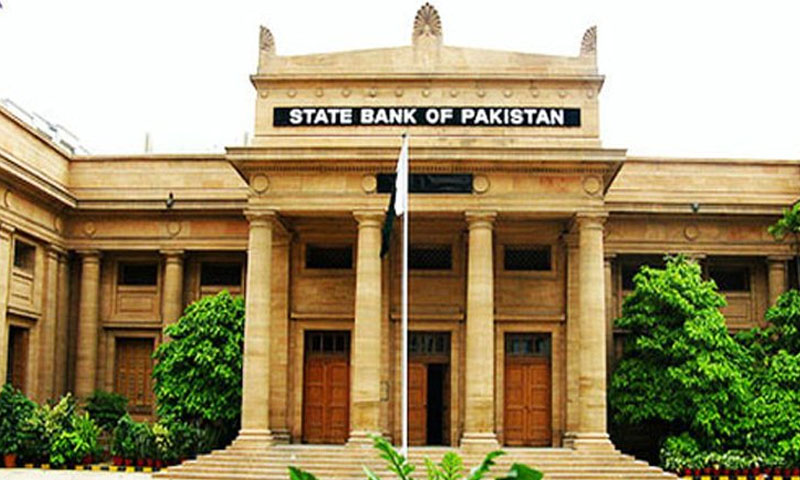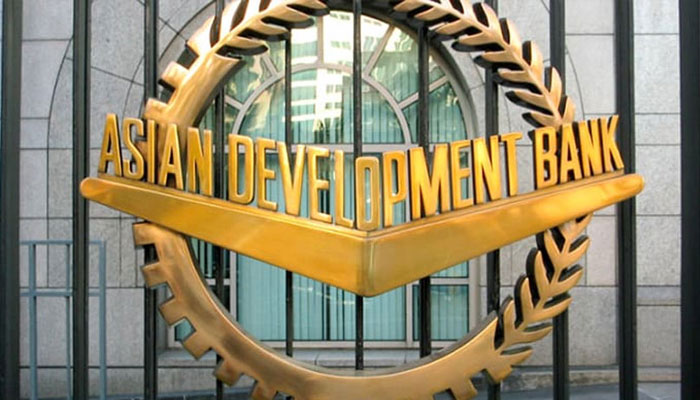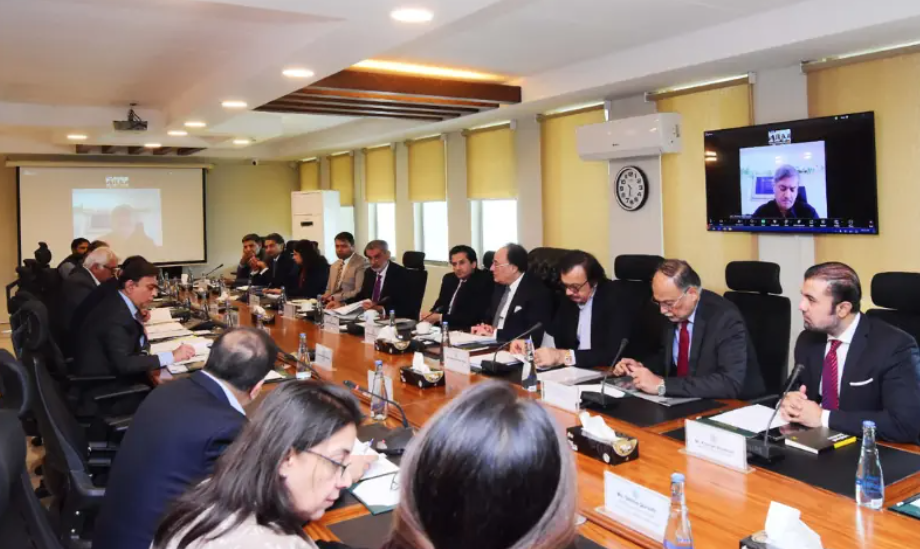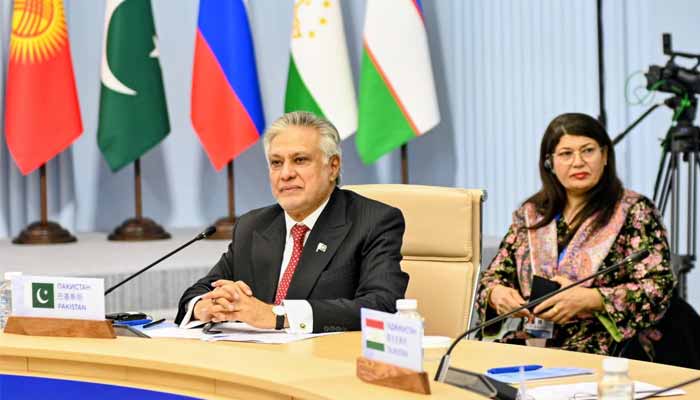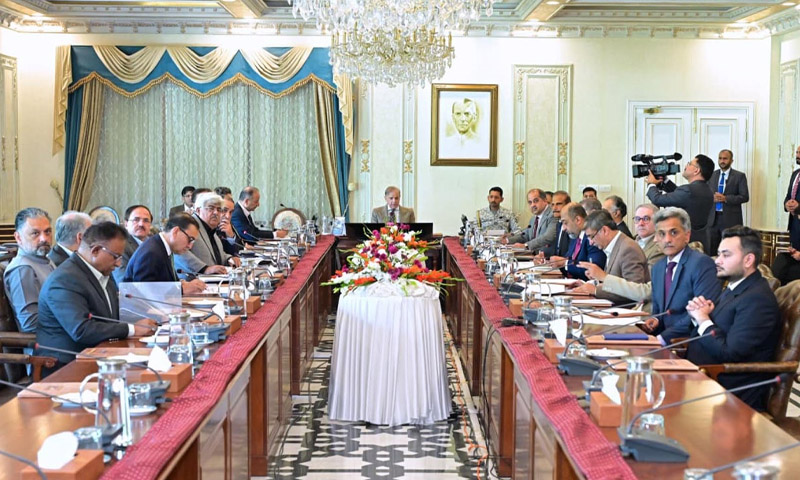TRADE & ECONOMY
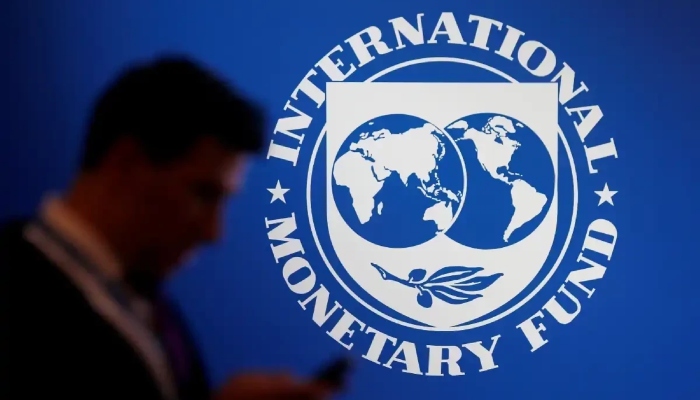
The International Monetary Fund (IMF) has warned that Pakistan’s political and economic elites are undermining economic growth by capturing government policies for personal gain. The warning comes in a new Governance and Corruption Report that emphasizes the urgent need for structural reforms at the federal level.
The report outlines a series of recommendations, urging the immediate implementation of the IMF’s 15-point reform agenda to tackle governance weaknesses, increase transparency, and curb corruption in government institutions.
Key Recommendations
· End special privileges in government contracts for key institutions.
· Increase transparency in the State Investment Facilitation Council (SIFC) and ensure the release of its annual reports.
· Strengthen parliamentary oversight of government financial powers.
· Bring all government procurement to an e-governance system within 12 months.
· Reform anti-corruption institutions to ensure continuity, impartiality, and independence.
The report stressed that improved governance could increase Pakistan’s GDP by 6.5% over five years, boosting production, development, and public trust in institutions.
Elite Influence and Policy Capture
The IMF highlighted how elites are capturing government policies for personal gain. The report cites examples from the sugar sector, where politically connected mill owners manipulated prices, controlled exports, and created artificial shortages, despite abundant stocks. These practices, according to the report, have harmed competition and increased consumer costs.
The report also notes that decisions by the PTI government in 2019, including permissions for sugar exports, show how elite influence has directed policies for private benefit.
Judicial and Tax System Weaknesses
According to the IMF, Pakistan’s judicial system is hampered by outdated laws, weak staff integrity, and procedural delays. These deficiencies prevent reliable contract enforcement and property protection, undermining rule of law and investor confidence.
The report warns that corruption affects the judiciary, police, and public procurement, with public trust in institutions eroded by continuous payments required to access services and politically biased fund allocation.
Pakistan’s National Accountability Bureau (NAB), while recovering Rs5.3 trillion between January 2023 and December 2024, has only recouped a small fraction of the economic damage caused by elite capture and corruption.
Economic Implications
The IMF stresses that corruption and lack of transparency have tangible economic consequences, including:
· Declining tax-to-GDP ratio.
· Gaps between budgeted and actual expenditures.
· Hindrance to development in districts under bureaucratic influence.
The report concludes that systemic reforms in governance, judiciary, and anti-corruption institutions are critical to unlocking Pakistan’s economic potential and ensuring equitable growth.
